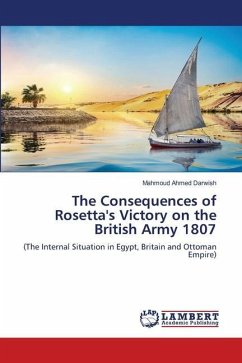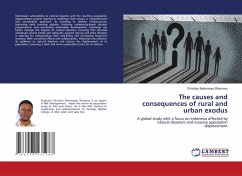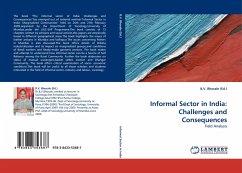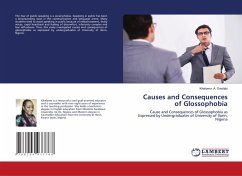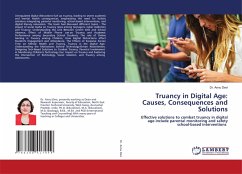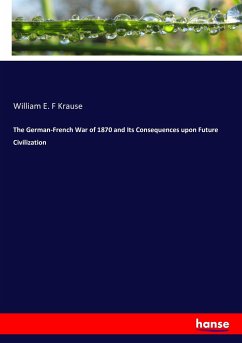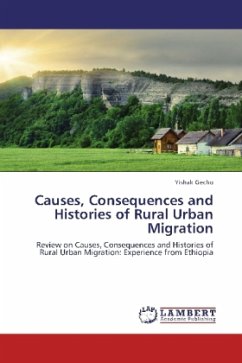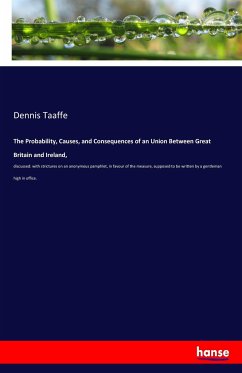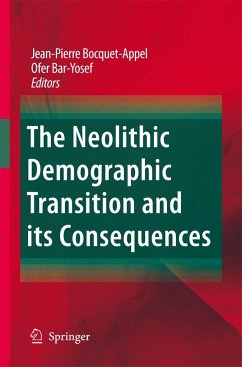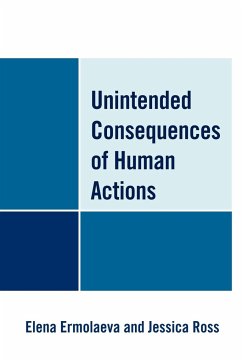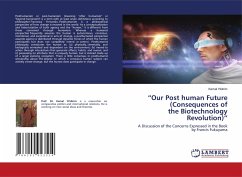
"Our Post human Future (Consequences of the Biotechnology Revolution)"
A Discussion of the Concerns Expressed in the Book by Francis Fukuyama
Versandkostenfrei!
Versandfertig in 6-10 Tagen
27,99 €
inkl. MwSt.

PAYBACK Punkte
14 °P sammeln!
Posthumanism or post-humanism (meaning "after humanism" or "beyond humanism") is a term with at least seven definitions according to philosopher Francesca Fernando. Posthumanism is a philosophical perspective of how change is enacted in the world. As a conceptualization and historicization of both agency and the "human," it is different from those conceived through humanism. Whereas a humanist perspective frequently assumes the human is autonomous, conscious, intentional, and exceptional in acts of change, a posthumanist perspective assumes agency is distributed through dynamic forces of which...
Posthumanism or post-humanism (meaning "after humanism" or "beyond humanism") is a term with at least seven definitions according to philosopher Francesca Fernando. Posthumanism is a philosophical perspective of how change is enacted in the world. As a conceptualization and historicization of both agency and the "human," it is different from those conceived through humanism. Whereas a humanist perspective frequently assumes the human is autonomous, conscious, intentional, and exceptional in acts of change, a posthumanist perspective assumes agency is distributed through dynamic forces of which the human participates but does not completely intend or control. Posthumanist philosophy constitutes the human as: (a) physically, chemically, and biologically enmeshed and dependent on the environment; (b) moved to action through interactions that generate affects, habits, and reason; and (c) possessing no attribute that is uniquely human, but is instead made up of a larger evolving ecosystem. There is little consensus in posthumanist scholarship about the degree to which a conscious human subject can actively create change, but the human does participate in change.



